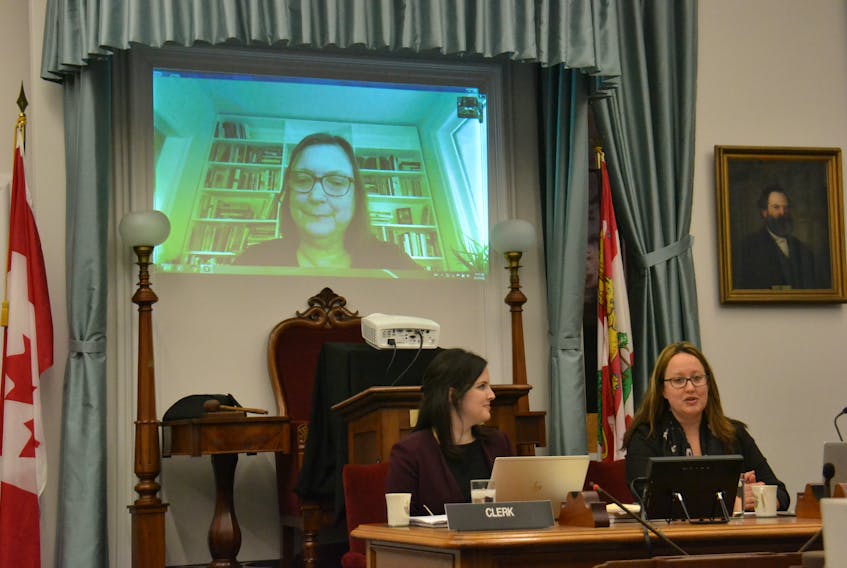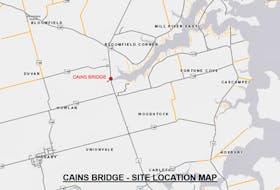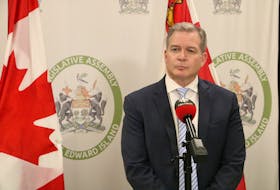CHARLOTTETOWN, P.E.I. — In recent weeks, P.E.I. legislators have been taking a crash course in basic income, an experimental social policy that aims to eliminate poverty through unconditional cash payments to adults.
Members of the legislative special committee on poverty have met with former Conservative Senator Hugh Segal, a key architect of the cancelled Ontario Basic Income Pilot, as well as Evelyn Forget and Michael Mendelson, two leading experts on the subject.
The committee is tasked with providing costed recommendations on creation of a basic income pilot on the Island.
The P.E.I. government has flirted with the notion of establishing a basic income pilot for years. In 2016, members of the legislature voted unanimously to work with the federal government to establish a pilot program; the federal government later declined a request for financial support.
Segal argued basic income would be better and more humane than current social assistance programs. He said these welfare programs often claw back earned income and provide a disincentive to work.
"The greatest problem we face across all of our provinces in Canada in how we deal with poverty is that we have not changed our respective approach in over half a century,” Segal said.
“It is, in my judgment, unfair, oppressive and disrespectful."
Segal was tasked by former Ontario Liberal premier Kathleen Wynne to write an initial proposal for that province’s 2017 Basic Income Pilot. At its peak, the program provided payments to 4,000 people in Lindsay, Thunder Bay and Hamilton. But the program was axed after Wynne’s Liberals lost to the Conservative government of Doug Ford in the 2018 provincial election.
A similar pilot project was initiated in the 1970s by an NDP Manitoba government in both Winnipeg and the City of Dauphin. This program was also discontinued after an election ushered in a Progressive Conservative government.
“My first instinct is, just get on with the policy-making."
-Social Development Minister Ernie Hudson
Evelyn Forget, a University of Manitoba researcher, found Manitoba’s “mincome” experiment resulted in an increase in high school graduation rates. Her research also found an 8.5 per cent reduction in hospitalizations for people who received the basic income payments.
“A very large proportion of that was due to mental health,” Forget told P.E.I. MLAs recently, via a skype connection.
She said visits to family doctors related to mental health also dropped.
Mendelson told the committee the Winnipeg pilot was different from the Ontario pilot in a few critical respects. He said in Dauphin everyone was eligible for the “mincome” payment if their income dropped below a certain level. By contrast, the basic income pilot in Lindsay, Ont., was limited to individuals considered low-income at the time of enrolment.
“Once the enrolment period was over, that was it. If you were a young adult thinking about quitting your job and using the guaranteed income to start a business, for example, or go back to school, you weren't eligible," Mendelson said.
Mendelson said this meant the effects on the community of Lindsay could not be measured in the same way they were in Dauphin.
When Social Development Minister Ernie Hudson asked whether P.E.I. should bypass a pilot and implement basic income as permanent policy, Forget said there was enough evidence to implement the policy.
“My first instinct is, just get on with the policy-making."
Mendelson was more cautious.
"This would be a very major reform of our income security system and have a significant impact on society, and I think it would be reasonable to have some evidence of its workability," Mendelson said.









